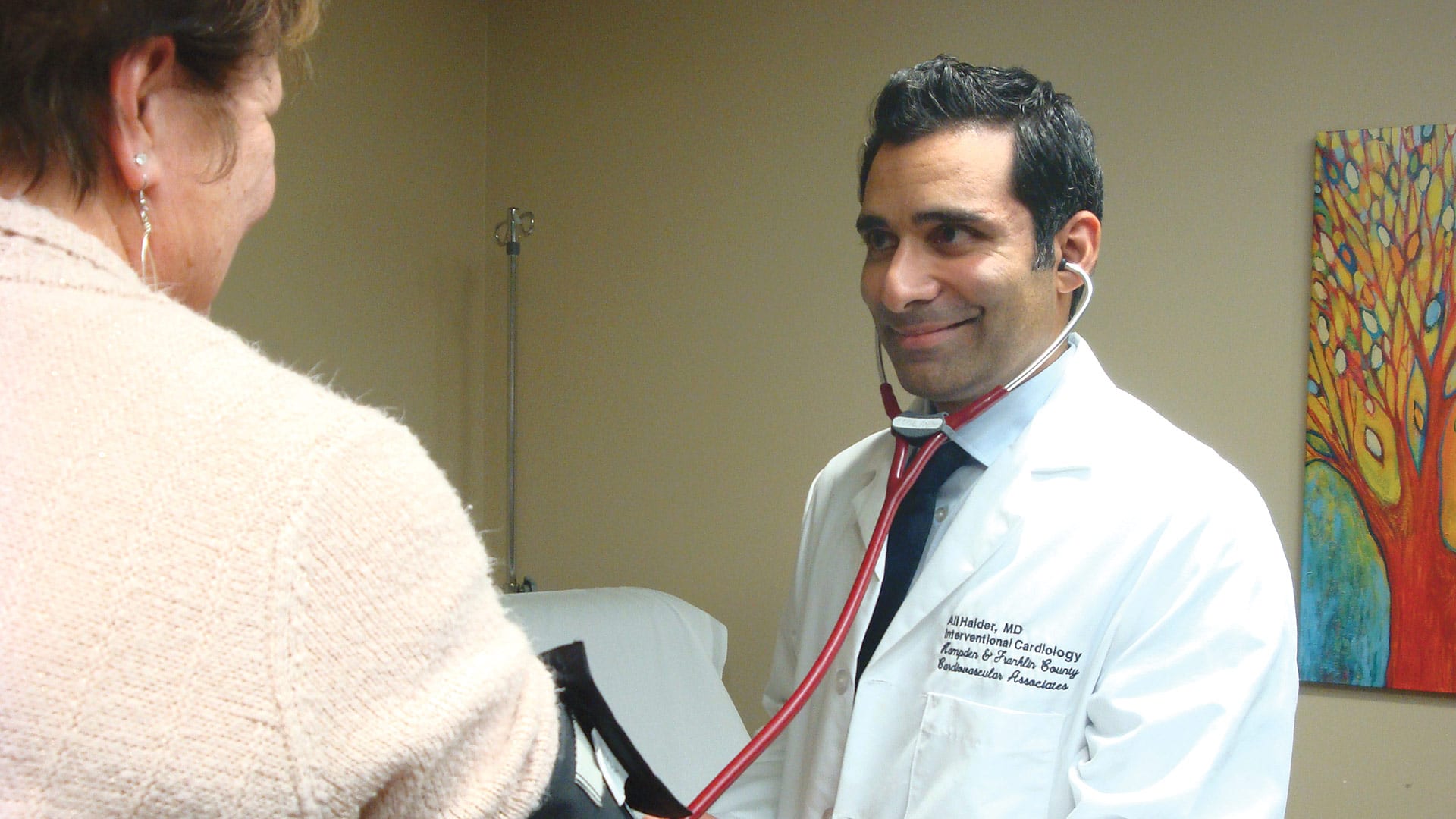Mass. Medical Society Testifies on Health Provider Costs
BOSTON — Stating that many physicians believe that insurers influence many clinical and business aspects of their practices, the Mass. Medical Society (MMS) recently testified before the state Division of Insurance in response to questions regarding the experiences of physicians with health plans.
The hearing, held as part of the state’s examination into the rising costs of health care, focused on provider fees and examined questions regarding physician billing practices, negotiation of fees, contract renewal and negotiations, reimbursements, and strategies to lower premiums and health care costs.
Attorney William Ryder, state legislative and regulatory affairs counsel for the 22,000-member physician group, presented remarks from a cross-section of individual member physicians who work in a variety of settings from solo practices to the largest provider groups in the state.
Commenting on the requirements that health plans put on physicians, Ryder said that, “over time, we have seen these requirements become more complex and more restrictive. The time necessary to comply with these requirements is time that is either directly detracting from time with the patient or expense added to the physician practice.
“Physicians deliver care based on empirical science, observation, and their relationships with patients,” he added. “Insurers approve or deny care based on algorithms and contracts, essentially a binary system. These two approaches are not mutually exclusive, but the current system sets up conflict by challenging physician decision-making frequently.”
Ryder said the remarks gathered from physicians across the state, while anecdotal, were “consistent across the board and reflect both the perceptions and realities of a large percentage of the medical doctors in Massachusetts.”
Noting that the anti-trust laws prohibit the society from collecting information about fees paid to members, Ryder said it is important to remember that “physician practices are often small businesses as well, subject to the same business costs and forces as any other small, independent business.”
In concluding his remarks, Ryder said the MMS has consistently advocated in many forums for comprehensive health care reform, and offered six recommendations from the Medical Society:
- The provision of appropriate resources and support to implement information technology;
- The provision of good data for providers to rend cost and quality to be more effective and have quality improvement;
- Support for comprehensive liability reforms to reduce the costs of defensive medicine;
- Adoption of true administrative simplification such as uniform quality measures;
- Investment in disease prevention and patient education to improve public health and disease management; and
- Alignment of payment methods in a consistent and rational manner.
- The complete testimony of the medical society is available at www.massmed.org/testimony.


